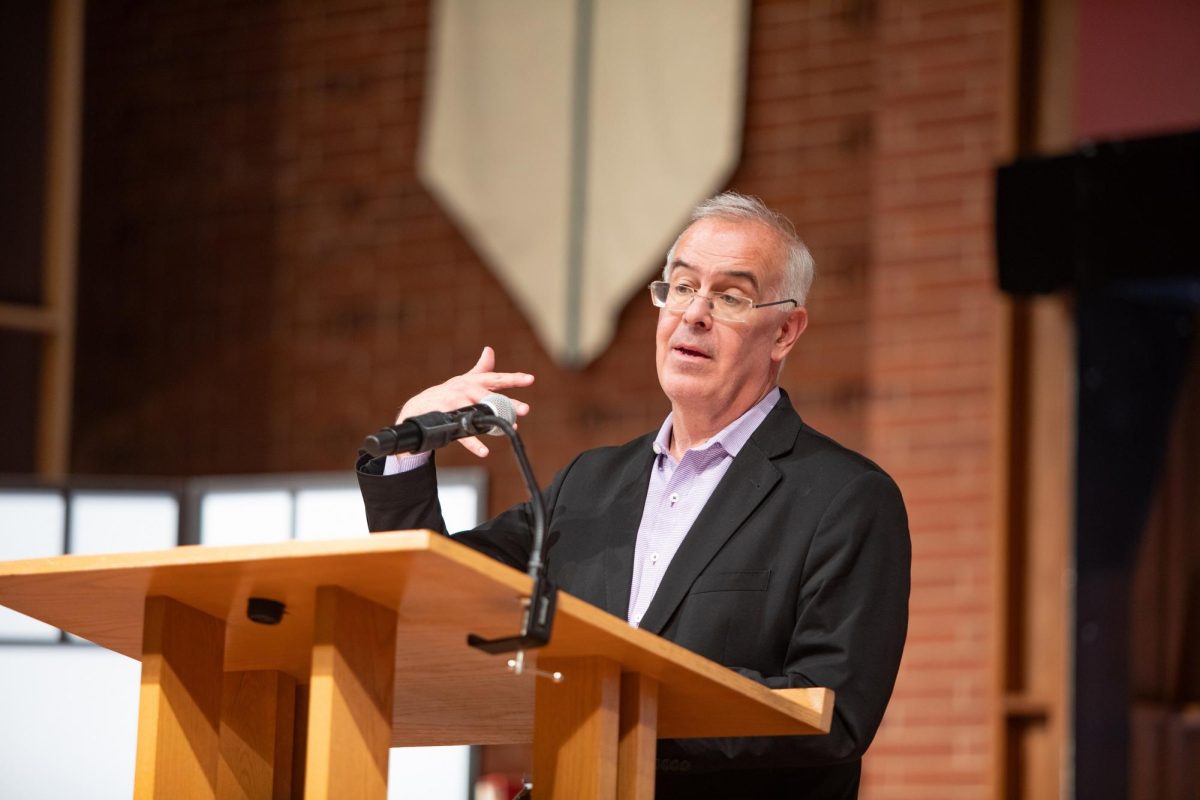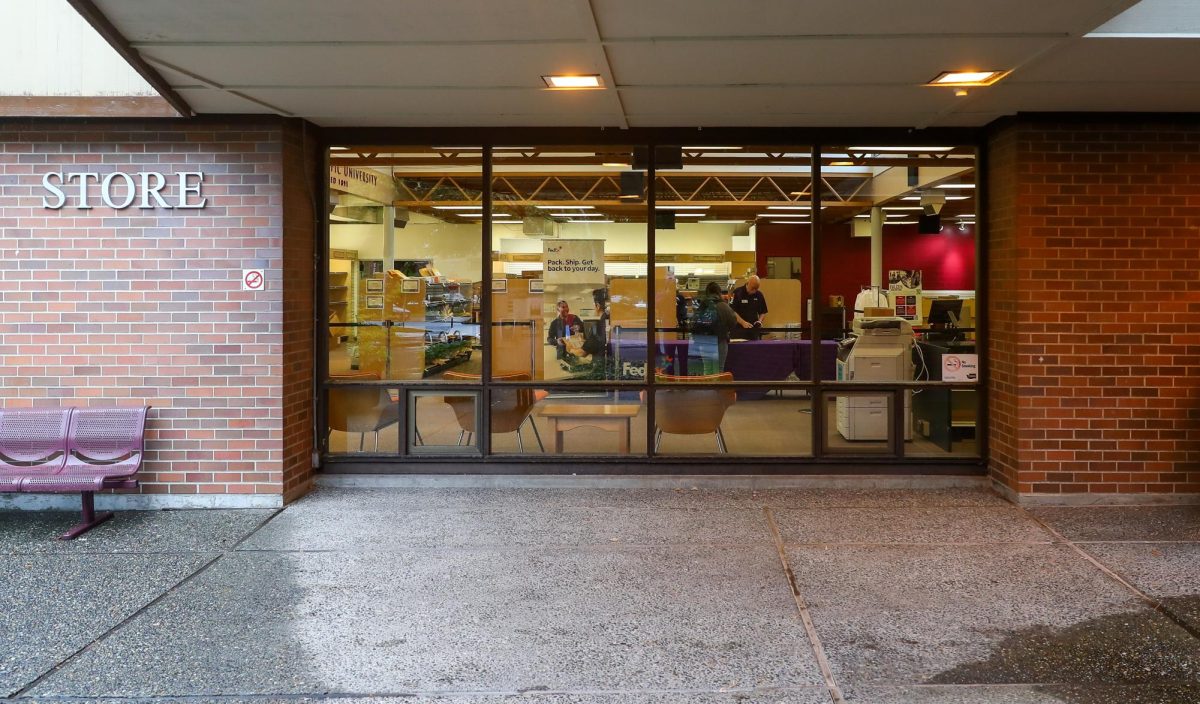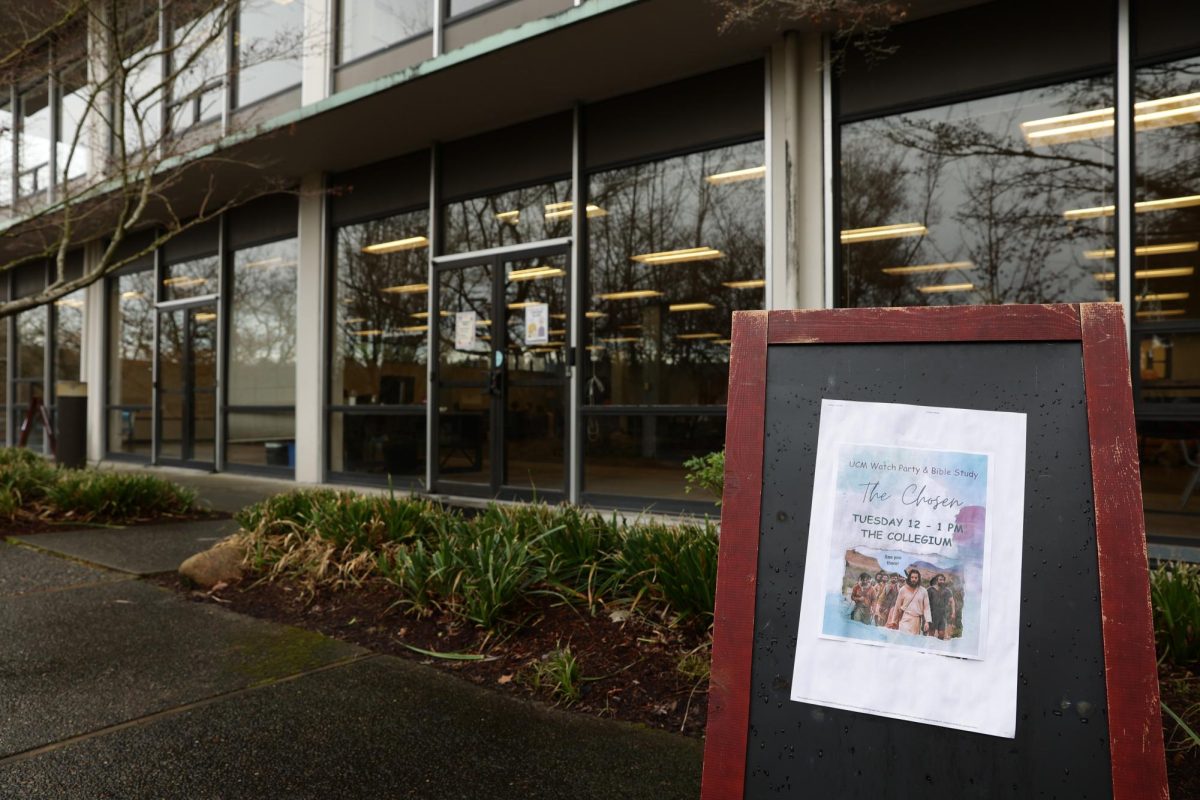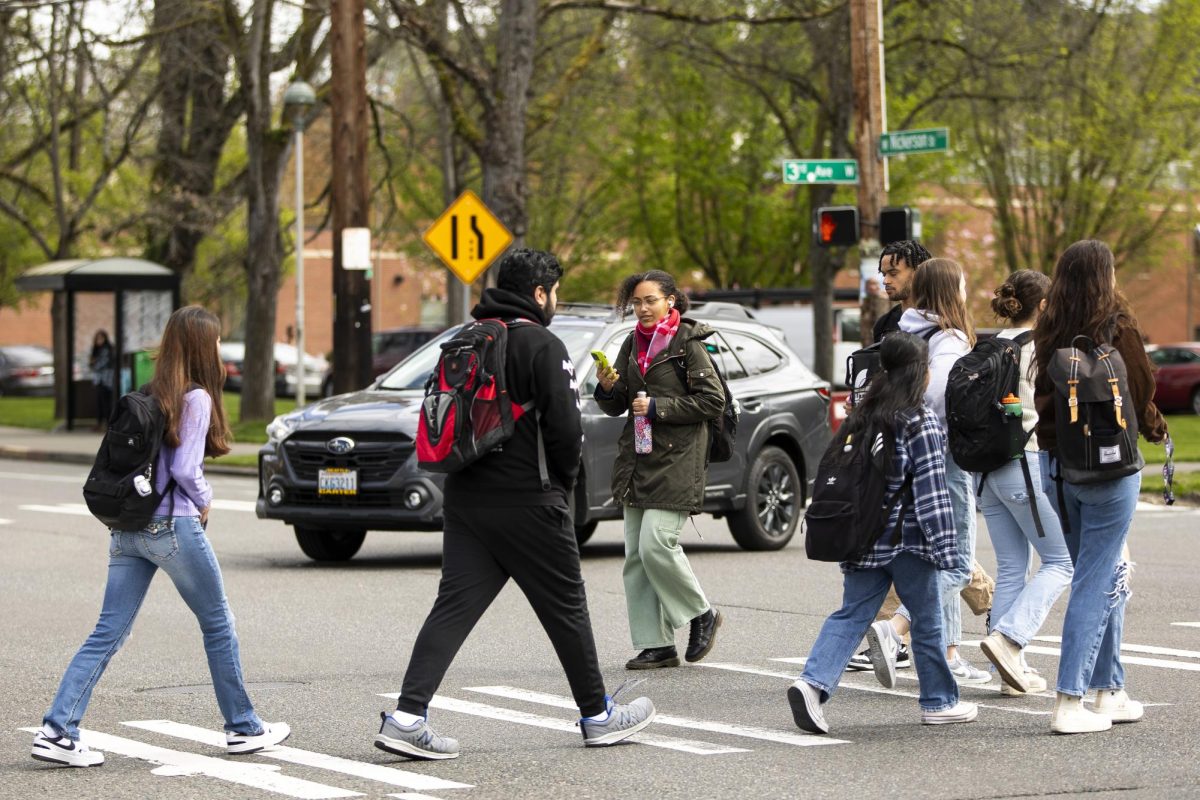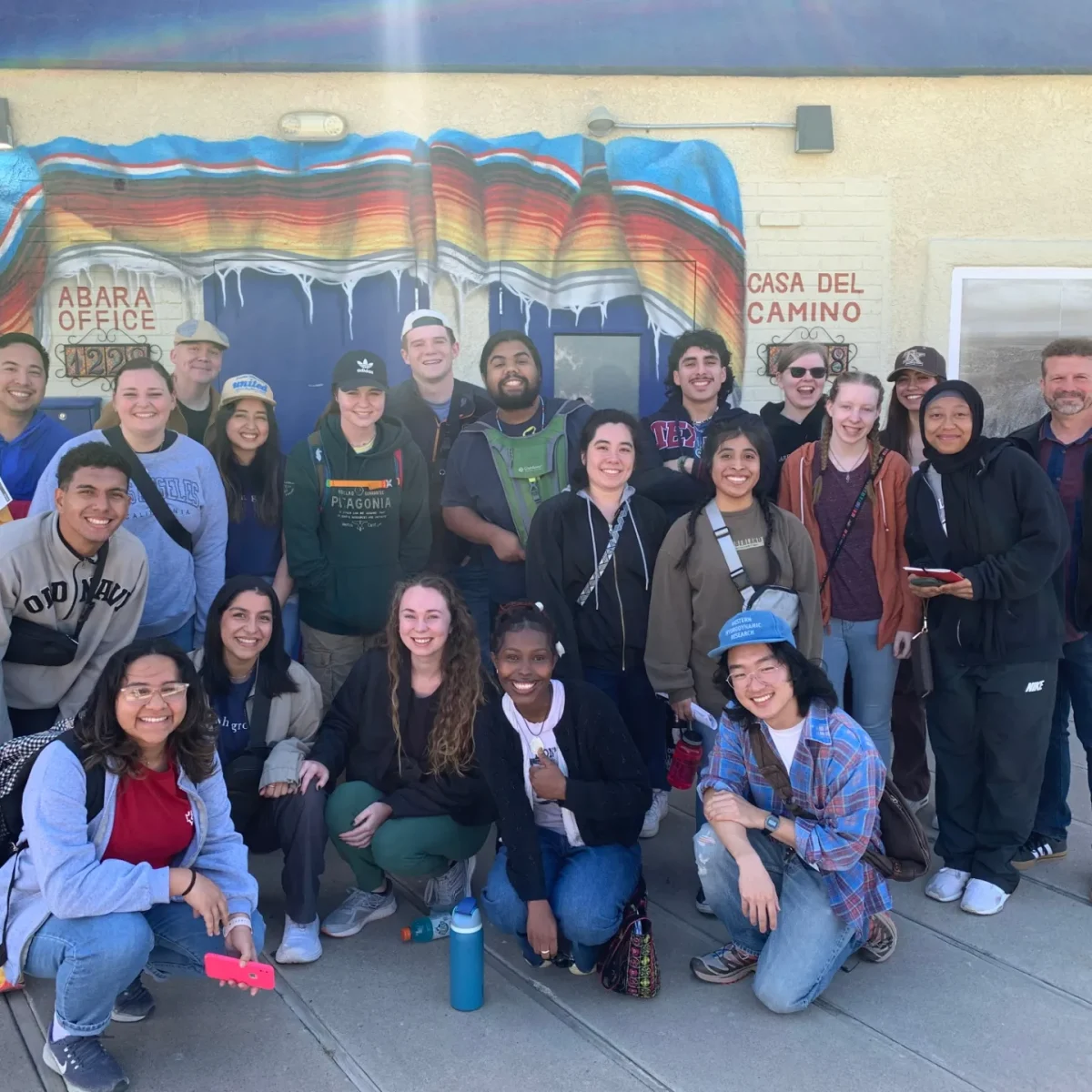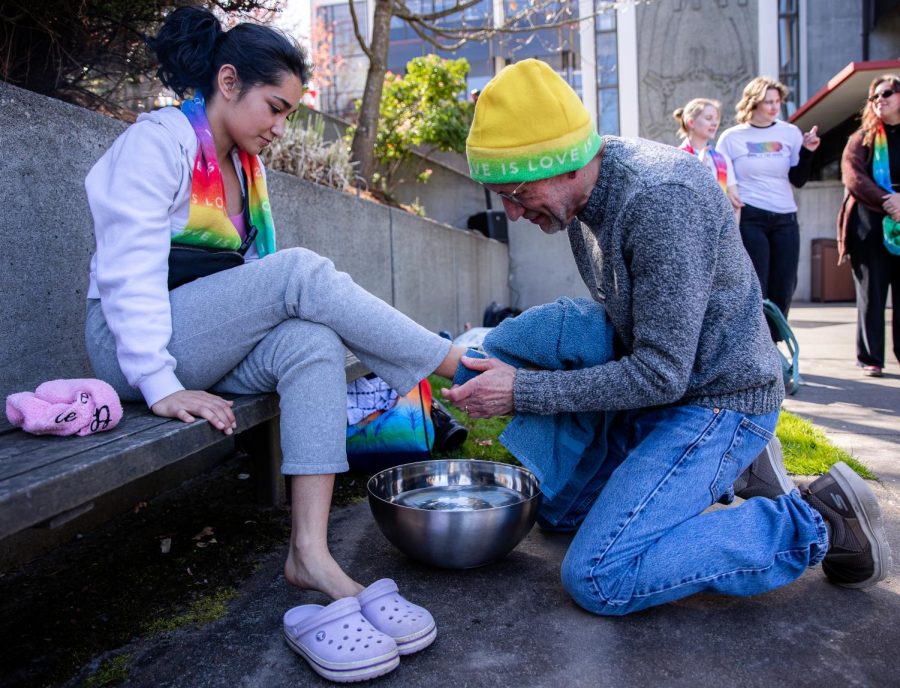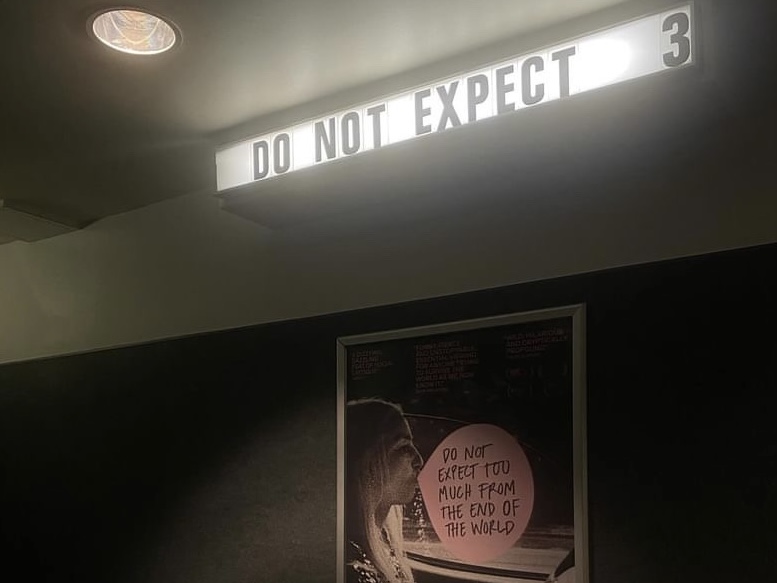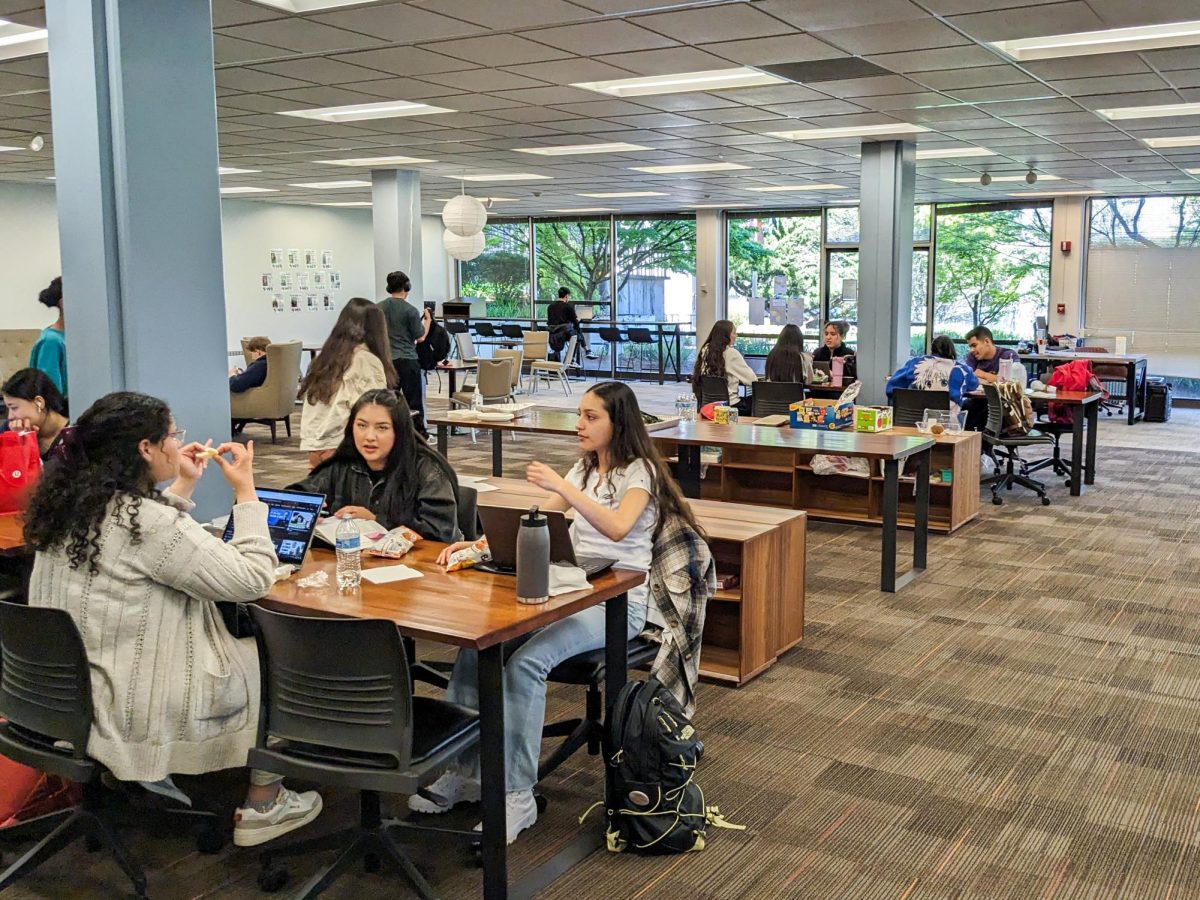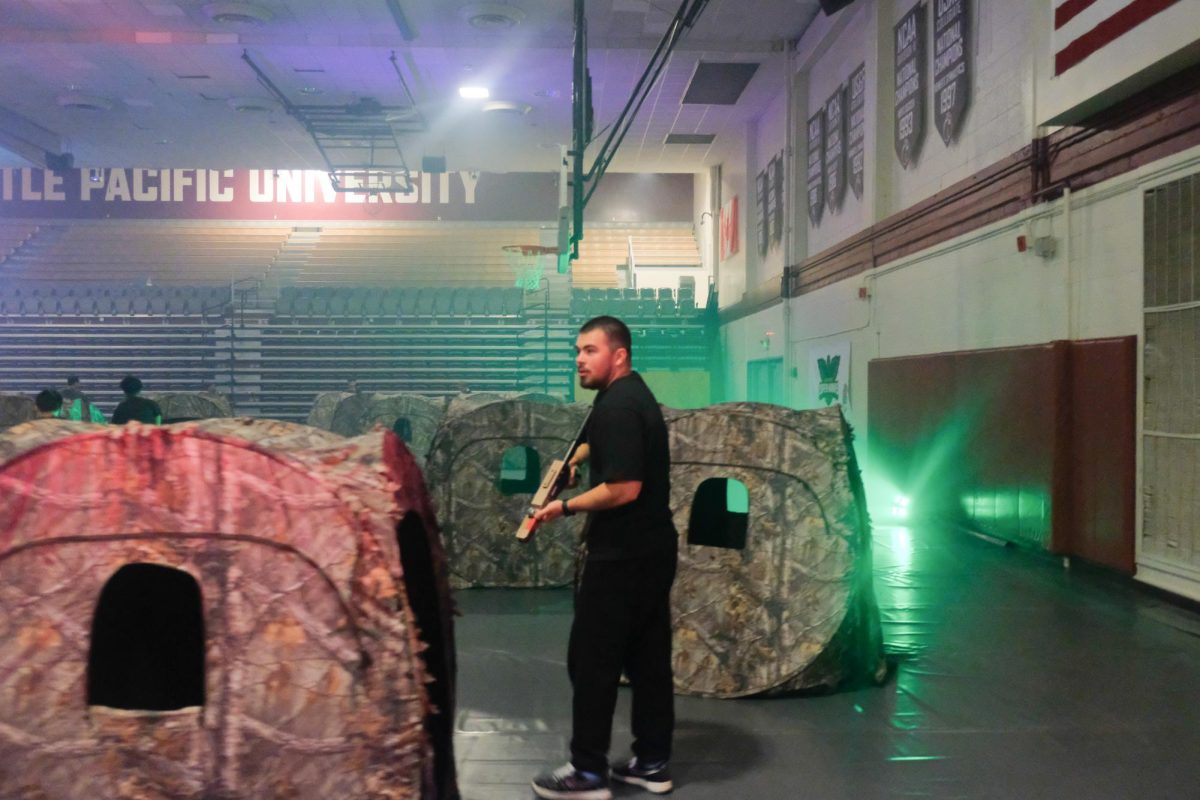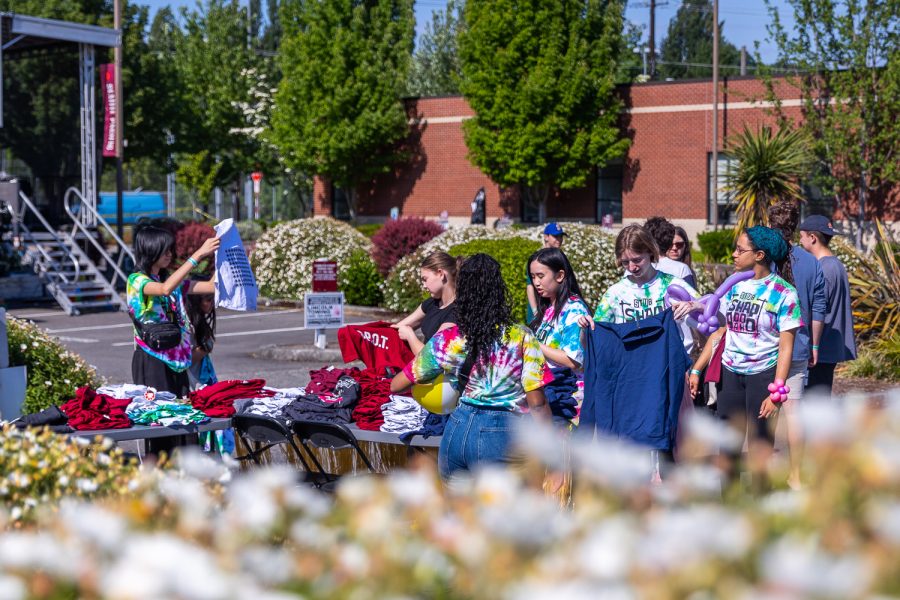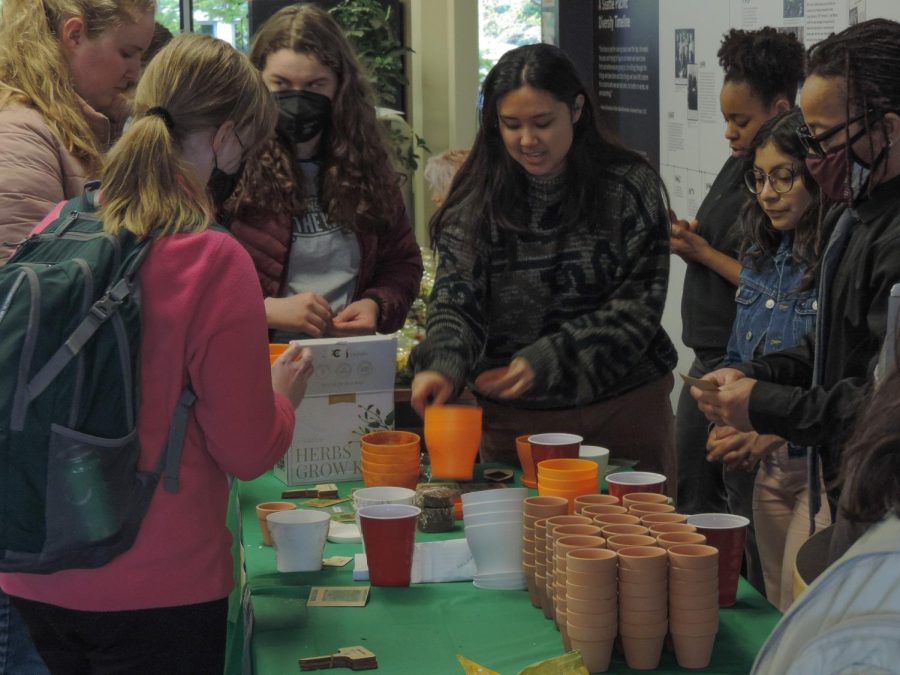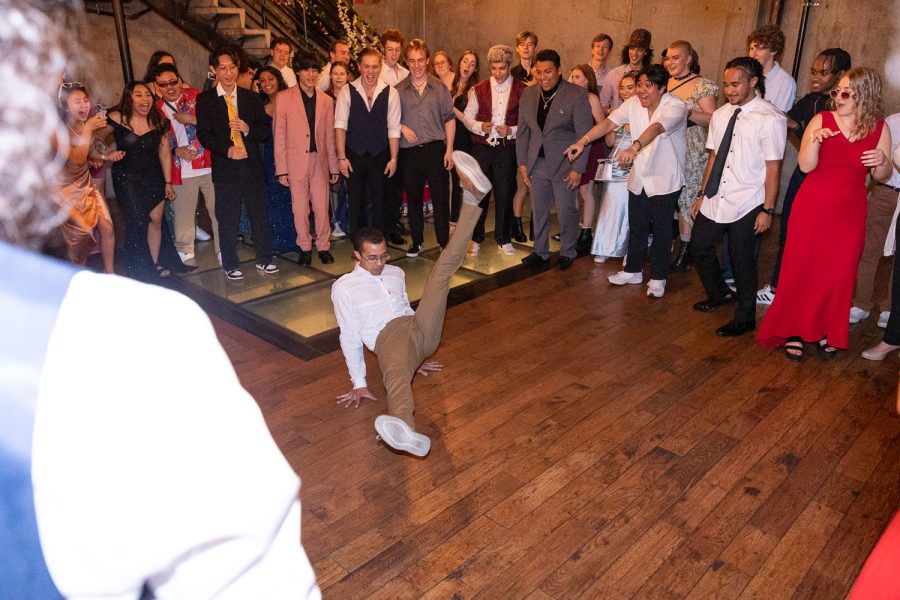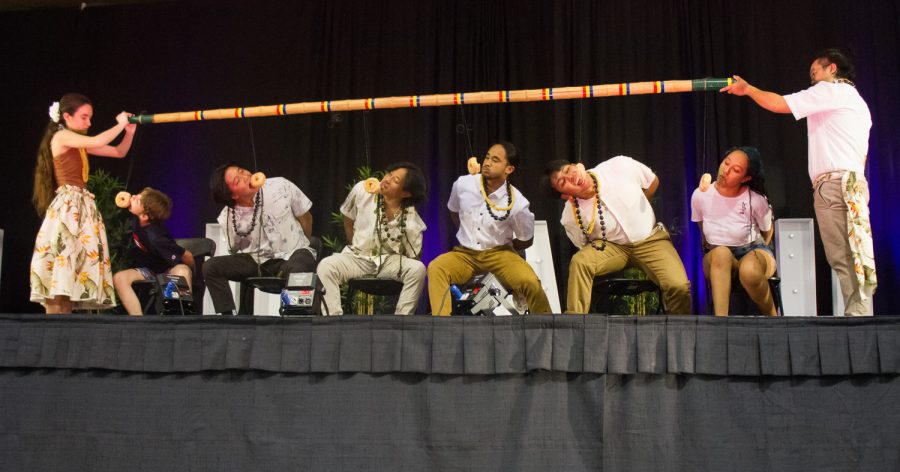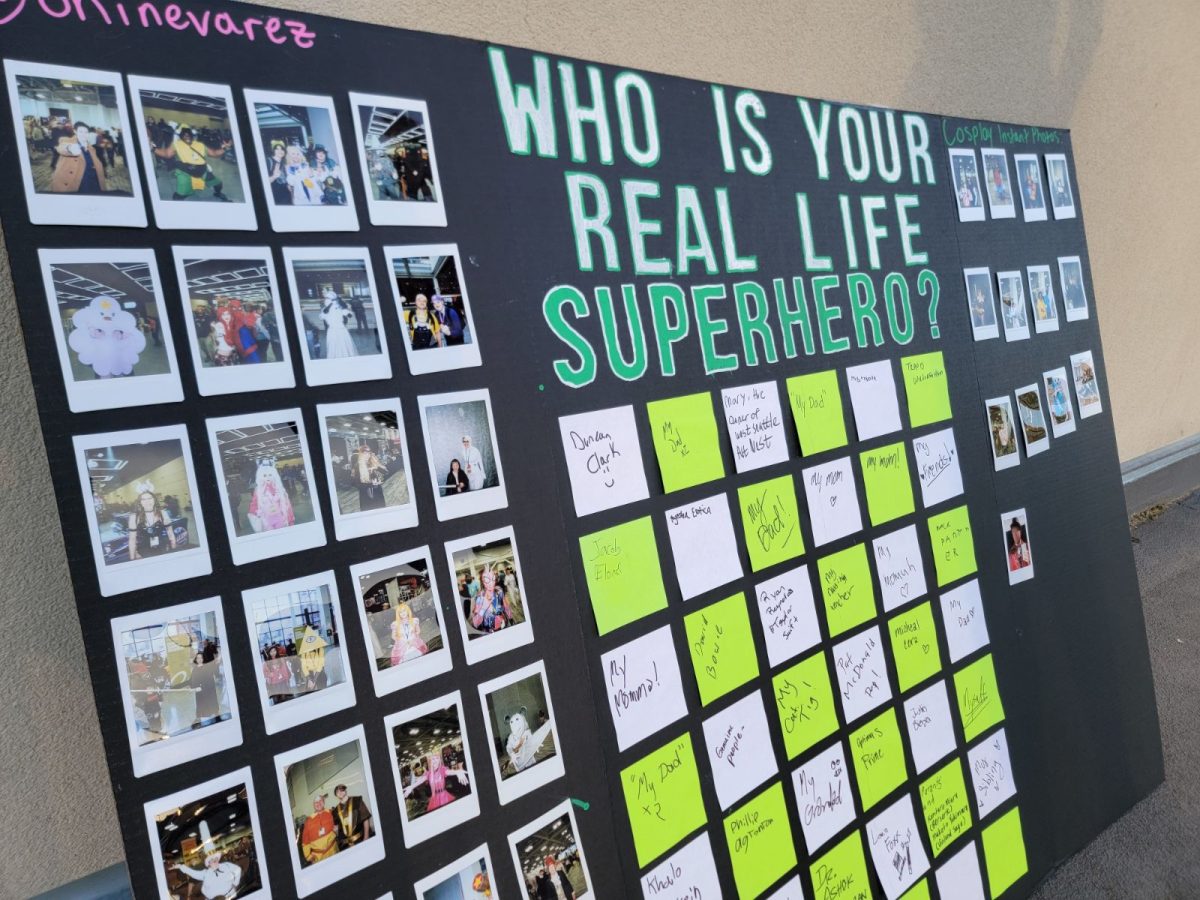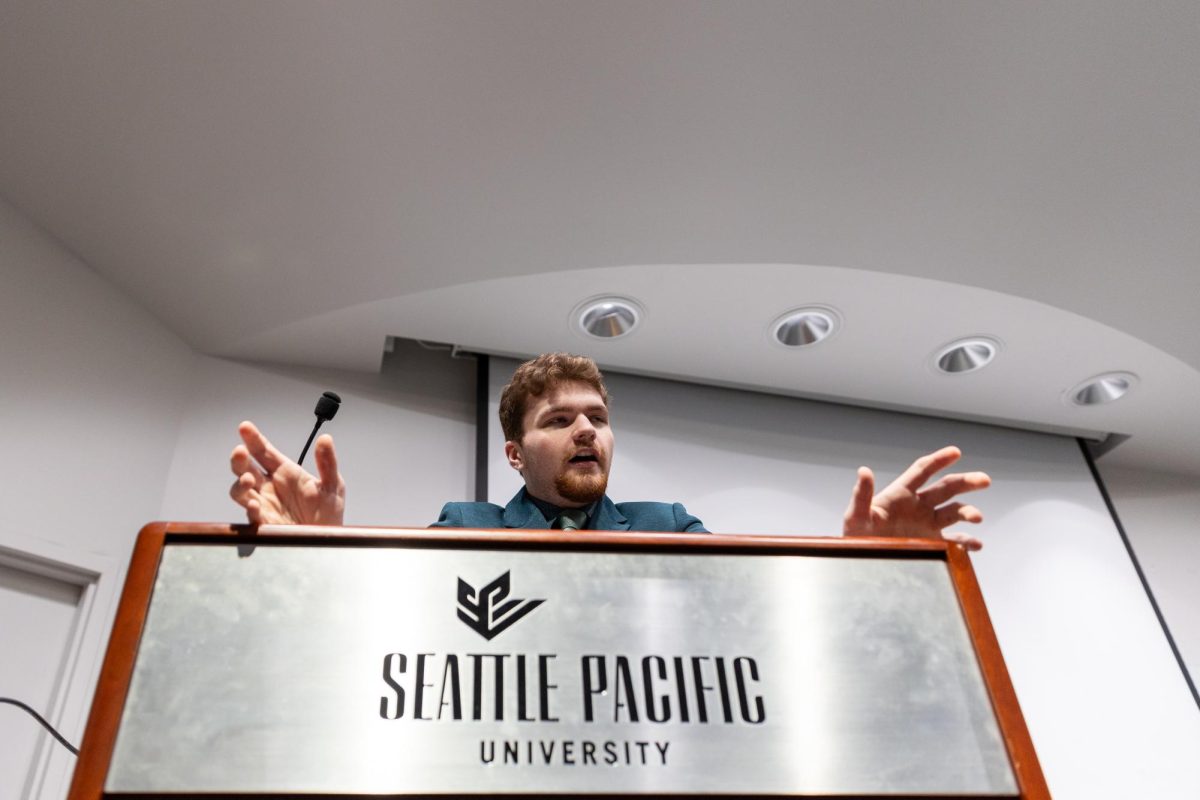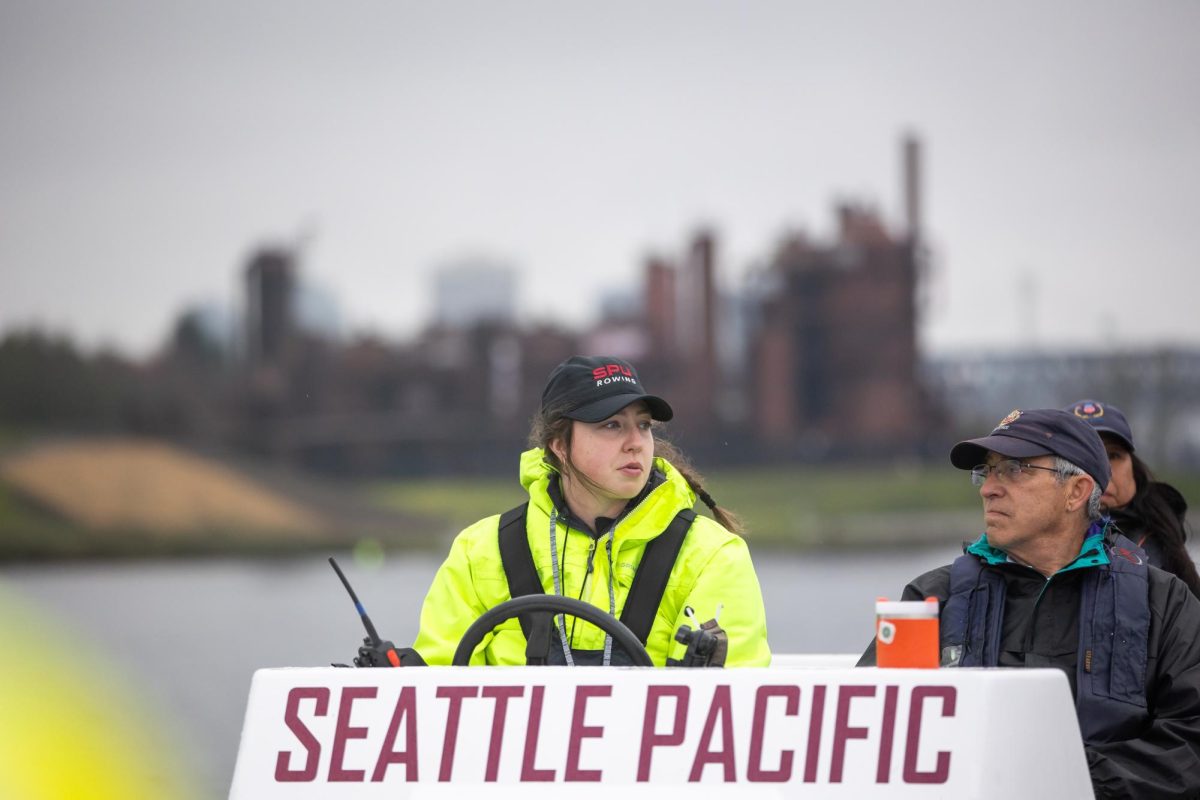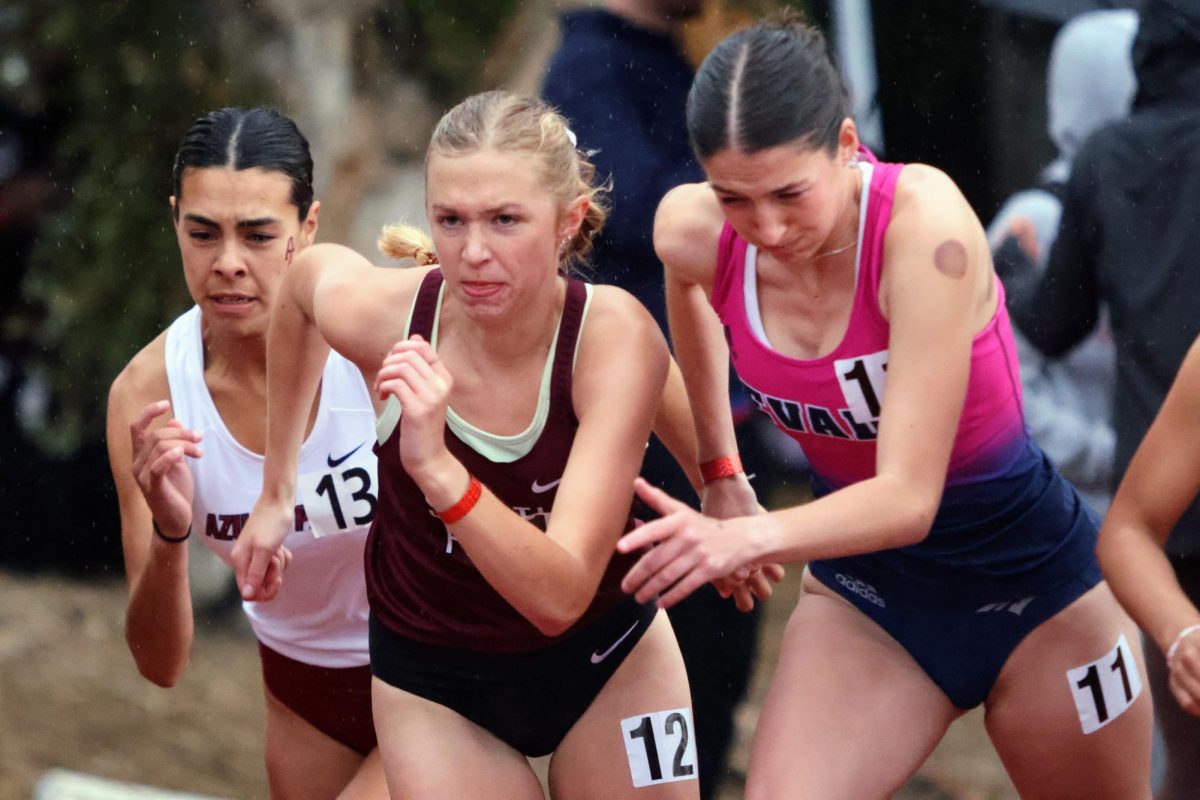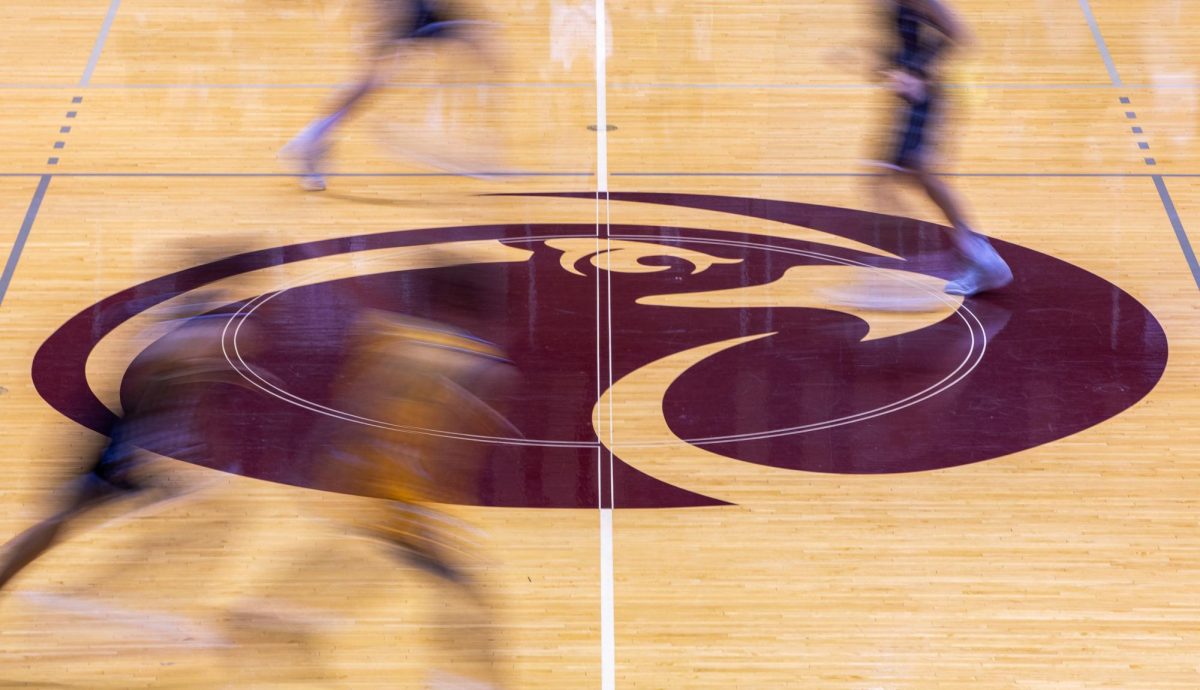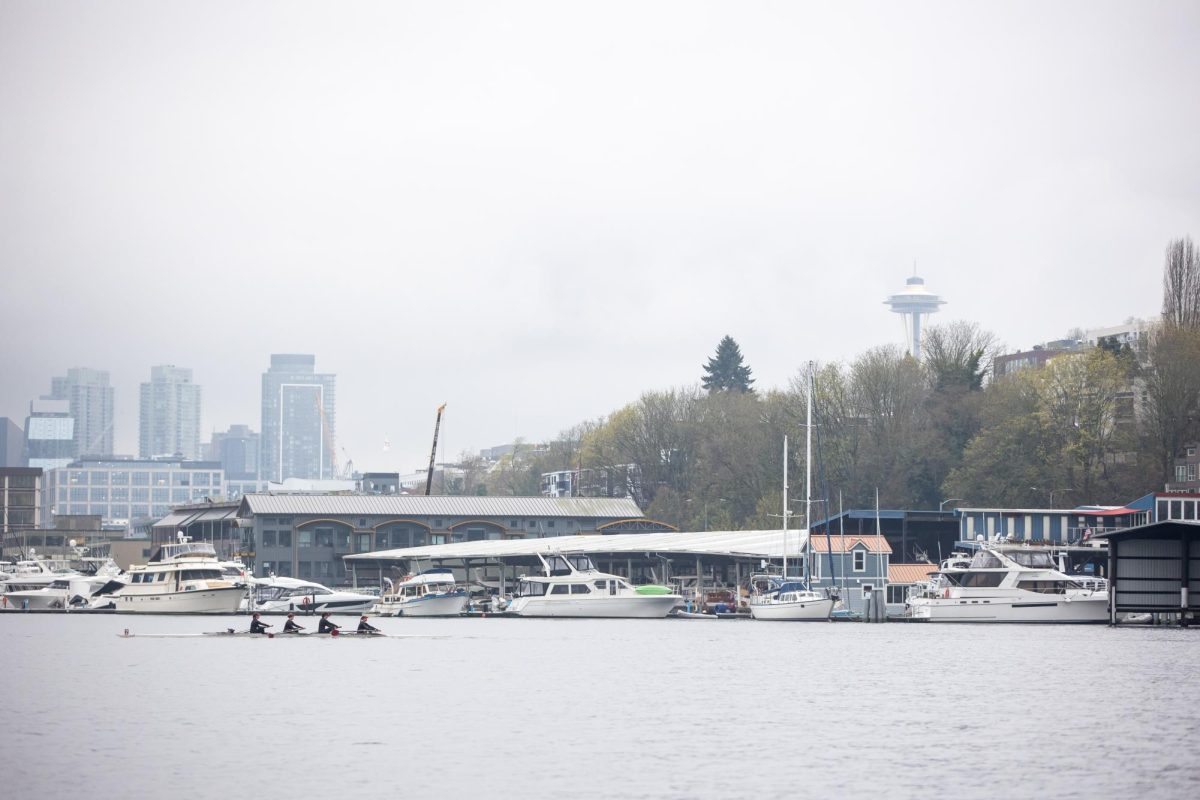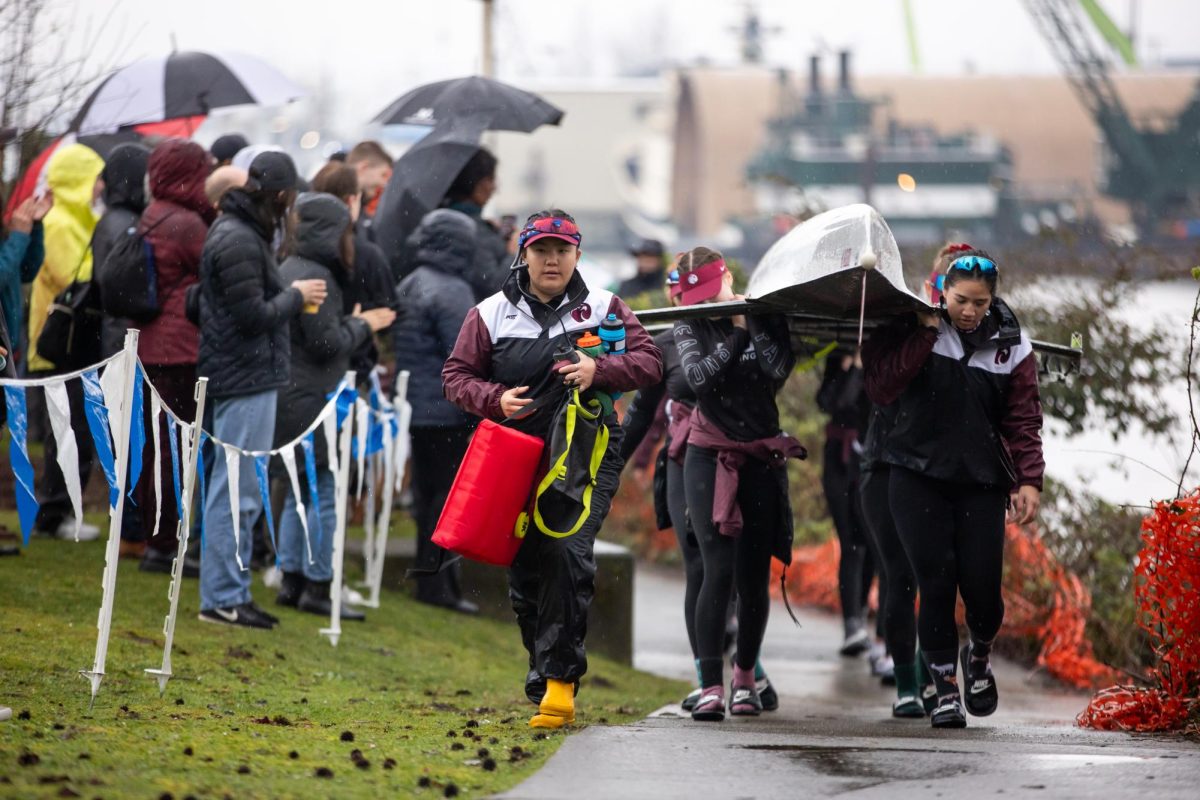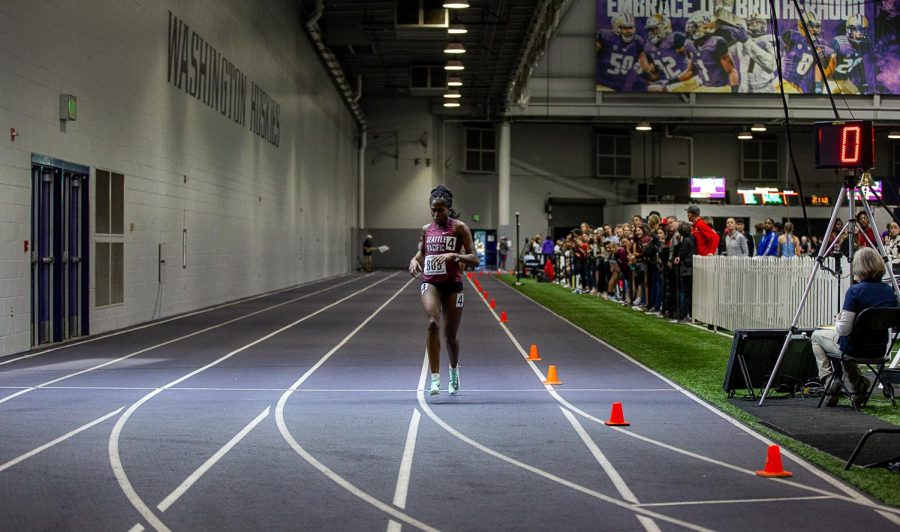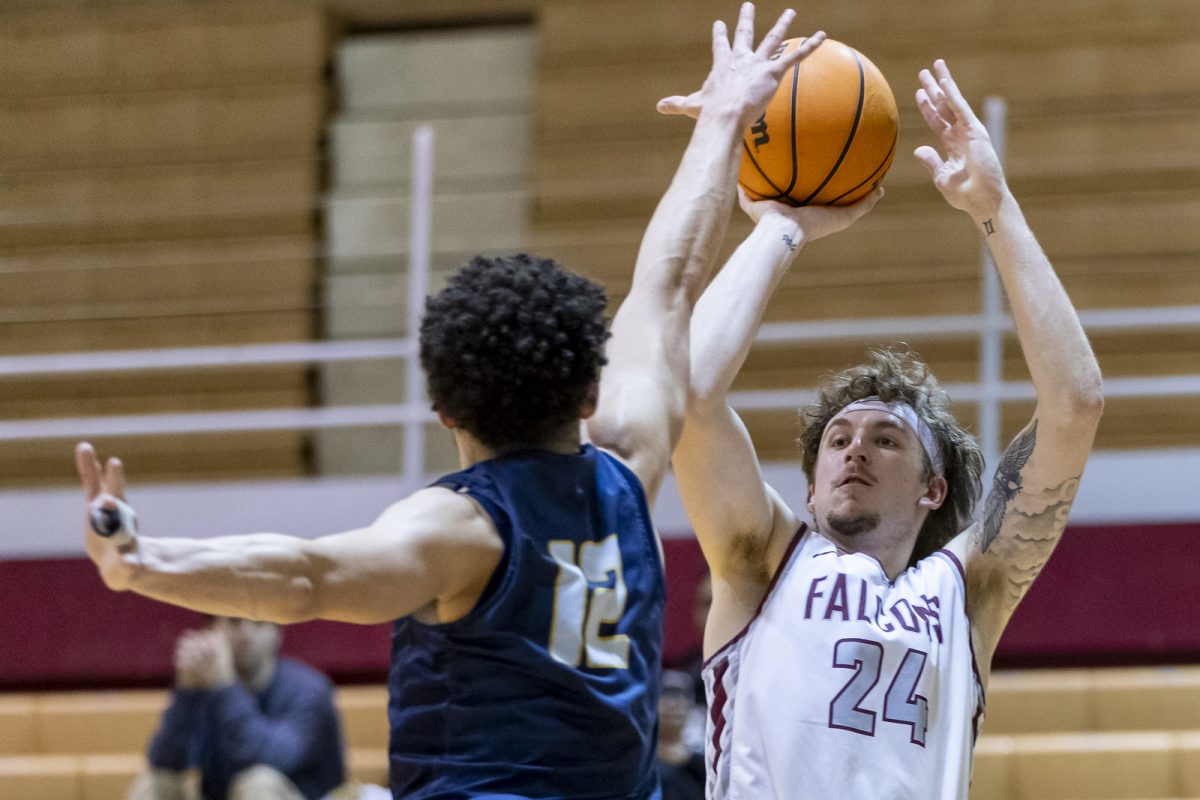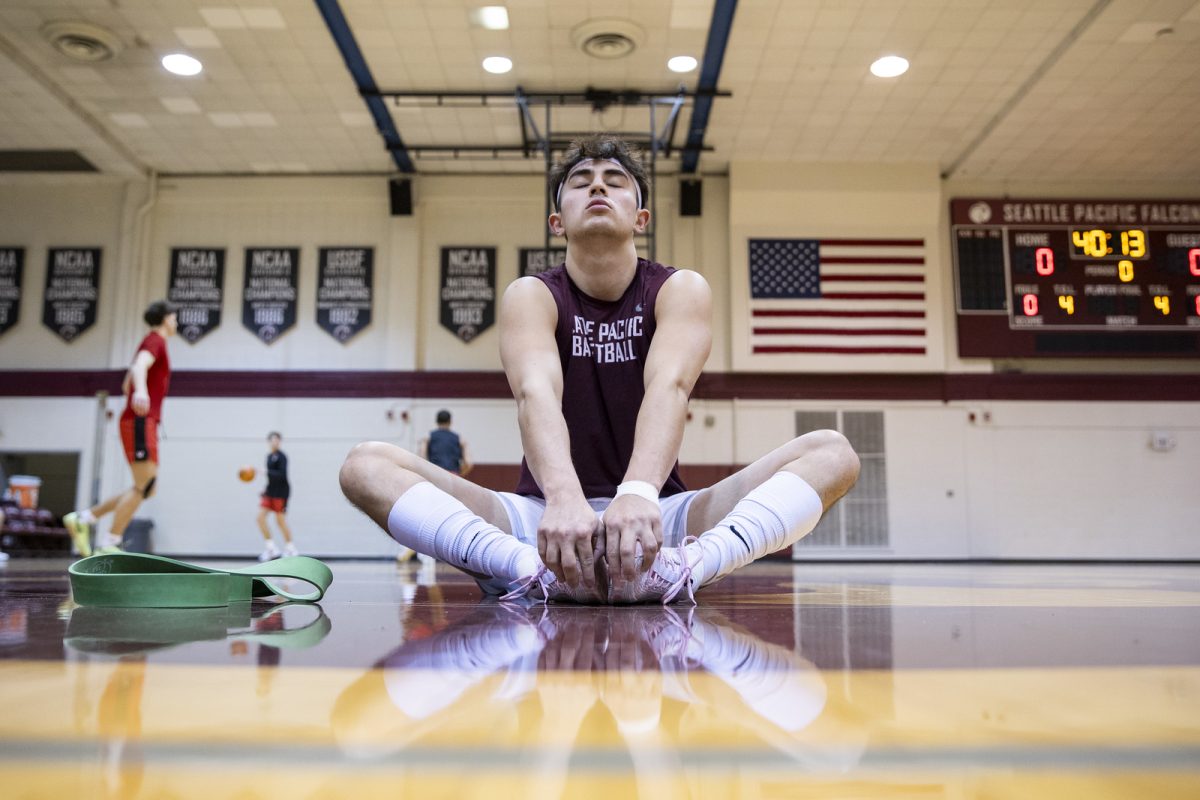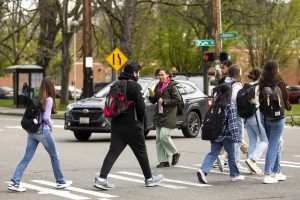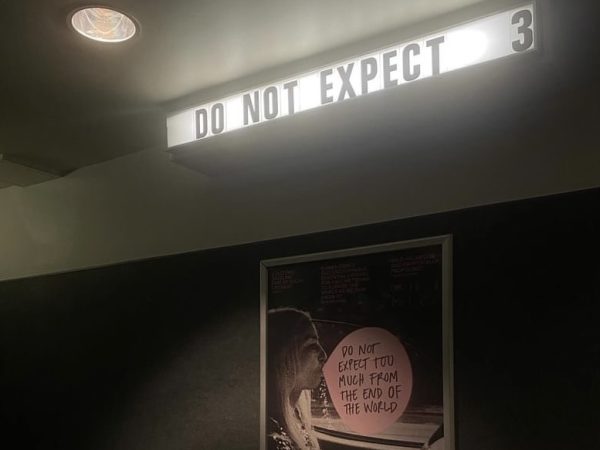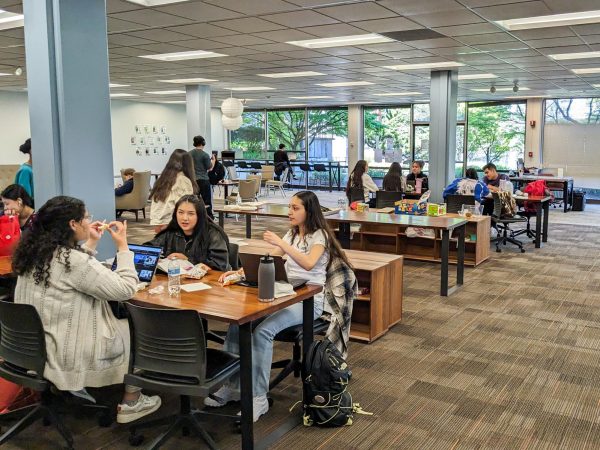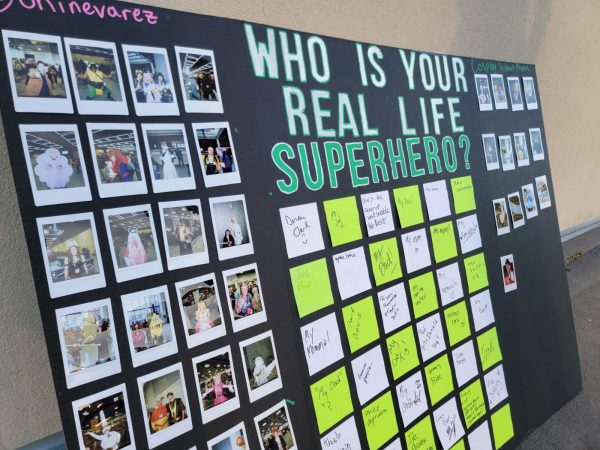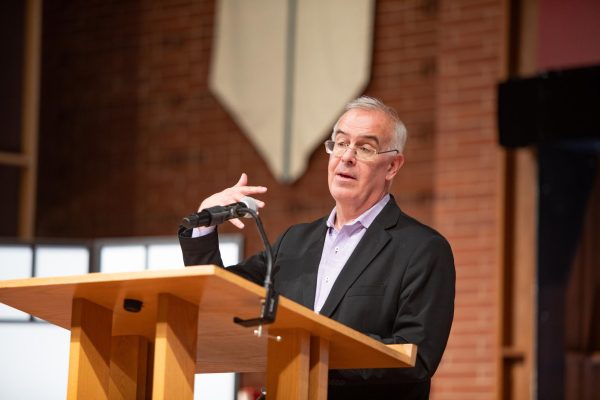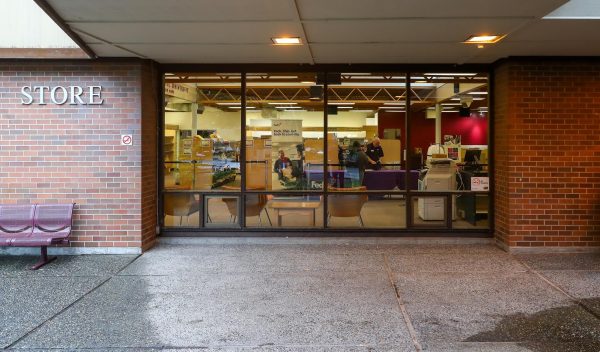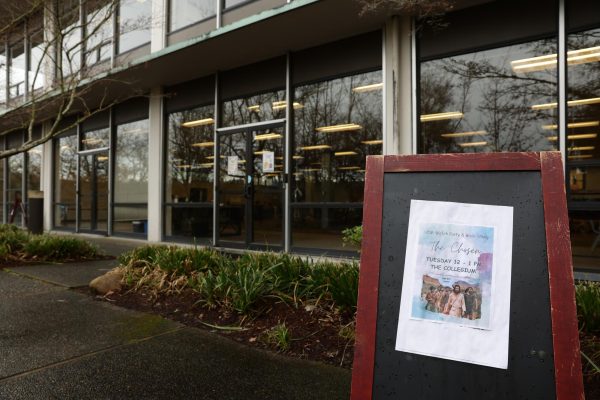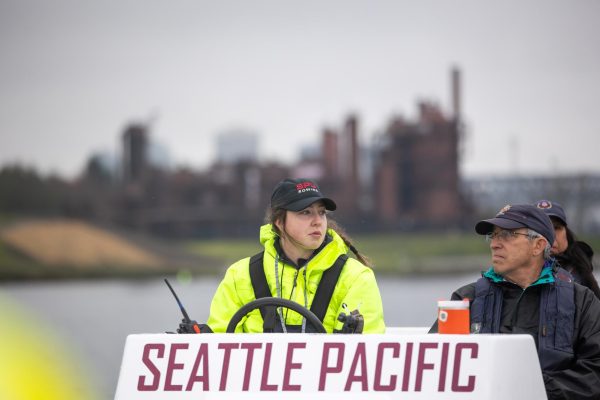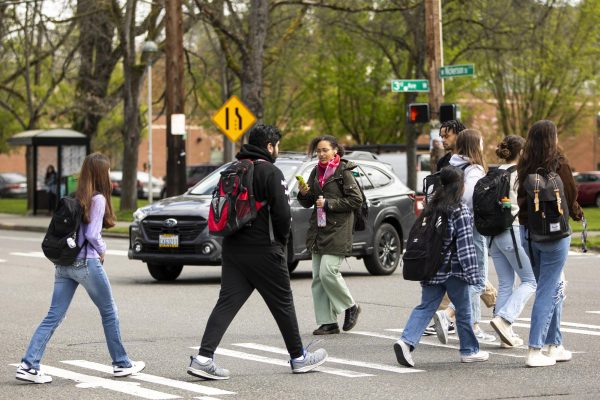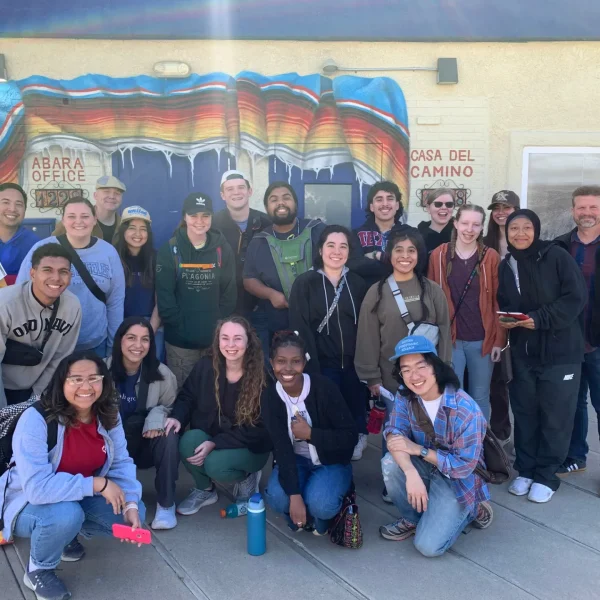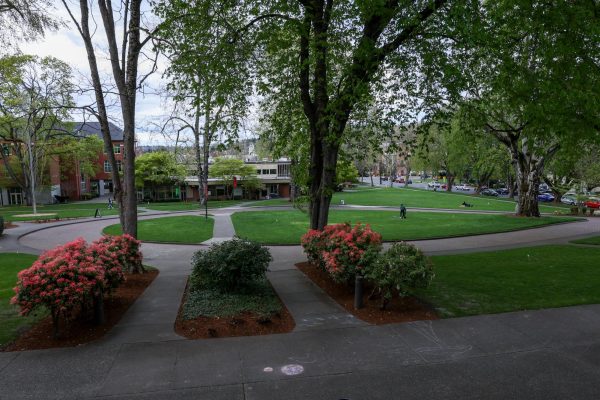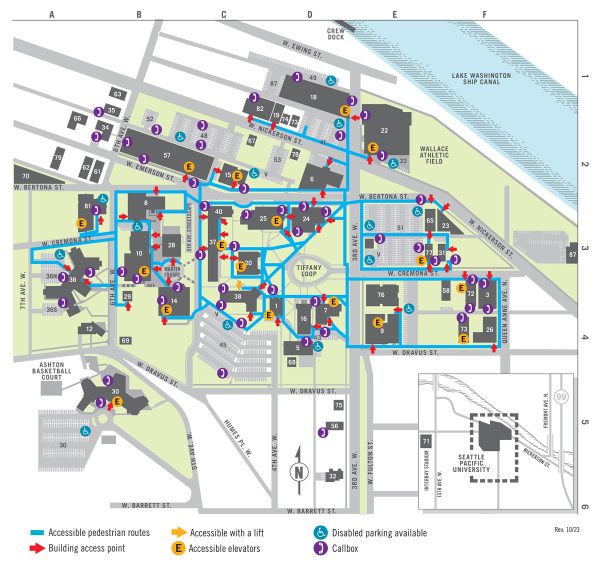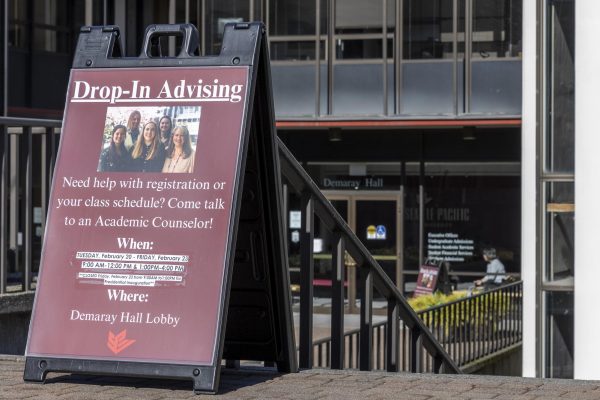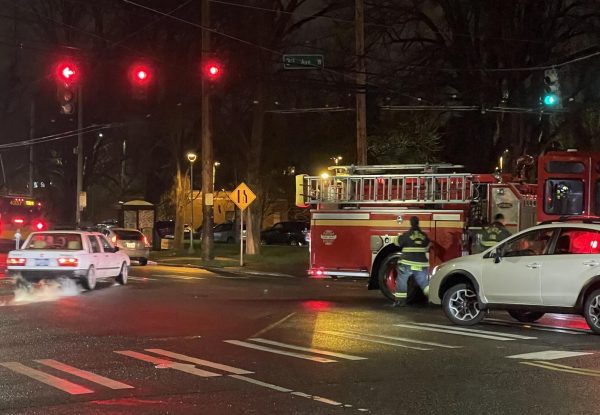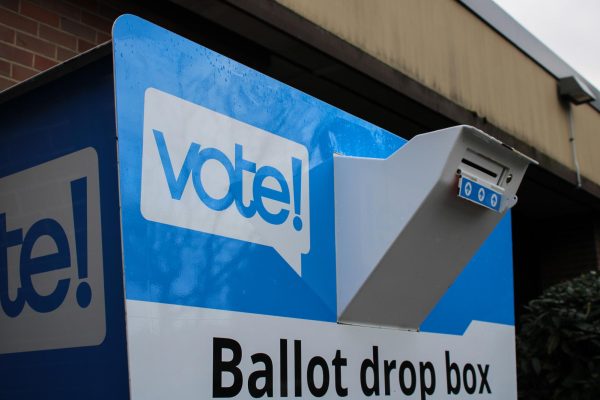Long-Distance During COVID: Blessing or a Curse?
How the Pandemic Has Strengthened Long-Distance Relationships
January 28, 2021

The pandemic has been raging for almost 10 months now, and as it drags on, it continues to upend relationships across the globe.
According to a study by Laura Stafford from Ohio State University, 75% percent of college-level students have some sort of experience with long-distance relationships and 35% are currently engaged in one. The results of a poll conducted on The Falcon’s Instagram page shows that though less than the OSU study, 55% of the 204 participants from SPU are in or know someone actively in a long-distance relationship.
This type of relationship can prove to be difficult, but with travel bans and stay-at-home orders in place in many states, many long-distance couples are finding it difficult to reunite anytime soon.
For some couples, the pandemic has strengthened their bond more than it has complicated it. This is the case for Hallie Marie, a student at SPU who believes her and her partner’s relationship is stronger because of it.
“It has actually made our relationship stronger.” Marie said, “We’ve gotten really good at communicating with each other about our days and emotions.”
Though these circumstances may have benefits, it has not come without some difficult moments for people like Berkley Barnum.
“At first it seemed like (the relationship) was the same or made it weaker per say, but now I realize it has made it stronger.” said Barnum.

These accounts are seemingly no coincidence. According to a different journal article published by Laura Stafford, long-distance relationships show greater relational stability, communication, and satisfaction than geographically close ones.
These benefits may only be temporary though, as the same study shows that long-distance relationships have a higher chance of ending when the geographical gap is closed between both partners. Long-distance relationships show more idealization of a partner meaning that once the pandemic ends, many long-distance relationships may meet their demise both on campus and nationwide.
The number of long-distance opportunities also seems to be decreasing. Amidst so many barriers to travel, some who would normally be open to the idea of long-distance are not willing to take on the challenge during a pandemic.
“I would be open to one in the future, but not currently.” said second-year student Catherine Thompson. “I think I would have to get to know the person for a significant amount of time in person before I could commit to dating them long distance, and while I have met someone who I would consider to be the “right person” during the pandemic, I think the COVID restrictions would seriously make me reconsider my intentions since getting together would be so difficult.”
Although, some may find more problems in their relationship, long-distance daters on SPU like Barnum and Marie are working hard to push through.
“We now understand each other’s priorities better and make it a point to see each other (at least) once a week like we did at the beginning of COVID” Barnum said.


